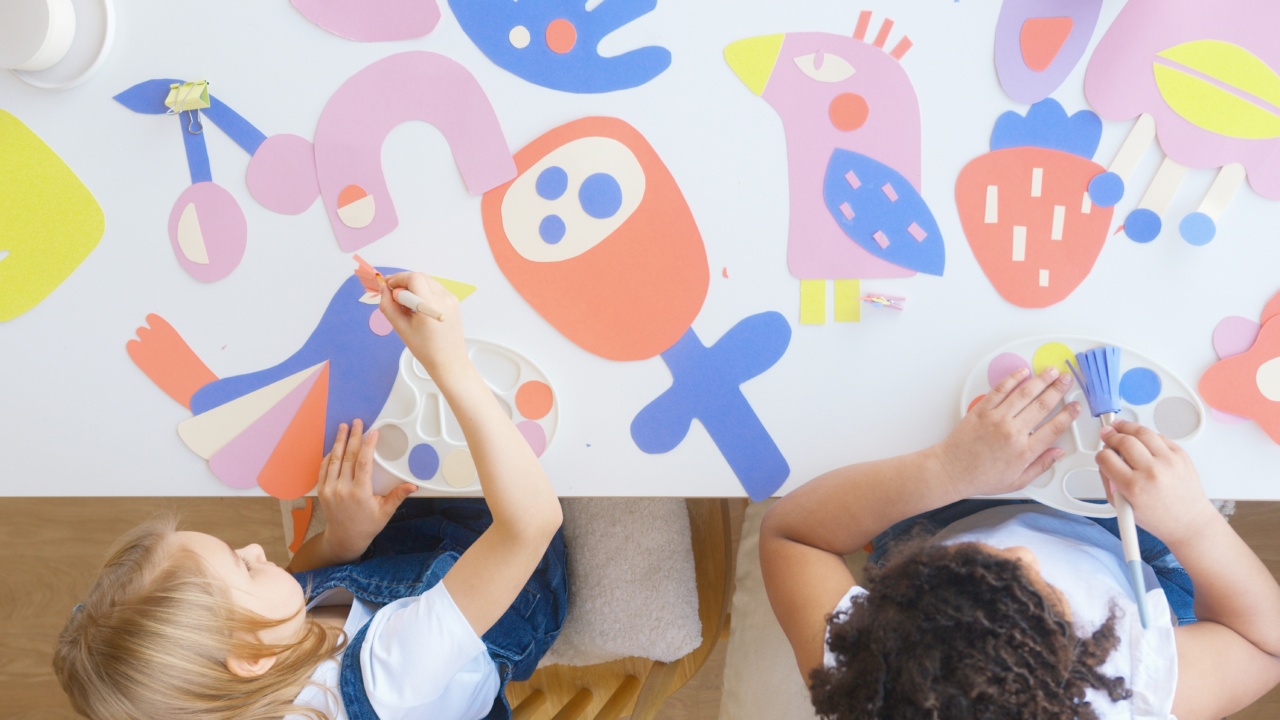In the early years of a child’s life, they experience rapid growth and development. It is during this time that their experiences and interactions have a profound impact on their future.
Early childhood experiences shape a child’s future in various ways, influencing their physical, cognitive, social, and emotional development. This article explores the importance of early childhood experiences and how they shape a child’s future.
Physical Development
Early childhood experiences play a vital role in shaping a child’s physical development. Proper nutrition, physical activity, and healthcare during this period are crucial for a child’s growth.
Exposure to a healthy environment promotes the development of strong muscles and bones. It also reduces the risk of obesity and other health issues later in life. Conversely, neglect or exposure to harmful substances can lead to stunted physical growth and developmental delays.
Cognitive Development
The early years are a critical period for cognitive development. A child’s brain develops at an astounding rate during this time, and their experiences significantly influence how their brain circuits form and function.
Positive interactions, stimulating environments, and early learning opportunities foster cognitive development. These experiences lay the foundation for future academic achievement, problem-solving skills, and critical thinking abilities.
Social Development
Early childhood experiences shape a child’s social development, affecting their ability to form relationships, interact with others, and navigate social situations.
Positive interactions with caregivers and peers contribute to the development of social skills, empathy, and communication abilities. On the other hand, exposure to neglect, trauma, or abuse can hinder a child’s social development, leading to difficulties in building and maintaining relationships later in life.
Emotional Development
Early childhood experiences have a profound impact on a child’s emotional development.
Positive and nurturing experiences help children develop a secure attachment to their caregivers, which is essential for building healthy emotional relationships in the future. Conversely, negative experiences can lead to emotional insecurity and difficulties in regulating emotions, which may contribute to mental health issues later in life.
Language Development
Language development is a critical aspect of a child’s development, and early experiences shape their ability to communicate effectively.
Children learn language through interactions with their caregivers and exposure to a language-rich environment. Positive early experiences support the development of vocabulary, grammar, and language comprehension skills. Lack of exposure to language or experiencing language deprivation can significantly impact a child’s language and literacy skills.
Educational Attainment
Early childhood experiences lay the foundation for future educational attainment. High-quality early education programs offer children opportunities for learning, exploration, and development of academic skills.
Research shows that children who receive early education are more likely to excel academically, graduate high school, and pursue higher education. These positive early experiences not only impact their intellectual growth but also enhance their confidence and motivation to learn.
Long-term Health Outcomes
The early years set the stage for a child’s long-term health outcomes. Positive early experiences, including access to adequate healthcare, nutrition, and a safe environment, contribute to better health outcomes later in life.
On the other hand, adverse experiences like abuse, neglect, or exposure to toxins can increase the risk of developing physical and mental health issues, leading to chronic diseases and a lower quality of life in adulthood.
Parenting and Caregiving Practices
Early childhood experiences are greatly influenced by parenting and caregiving practices. Responsive, nurturing, and supportive parenting fosters healthy development and provides a secure base for a child to explore the world.
On the contrary, harsh discipline, neglect, or inconsistent caregiving can have detrimental effects on a child’s overall development. Parenting programs and support services can play a crucial role in promoting positive parenting practices and ensuring positive early experiences for children.
Early Intervention and Support
Early intervention and support are essential for addressing any developmental concerns or delays in early childhood. Identifying and addressing developmental challenges at an early stage can significantly improve a child’s long-term outcomes.
Early intervention programs, such as speech therapy, occupational therapy, and behavioral interventions, help children overcome difficulties and reach their full potential.
Conclusion
Early childhood experiences shape a child’s future in profound ways. From physical and cognitive development to social and emotional well-being, these experiences play a crucial role in determining a child’s trajectory in life.
Creating a positive and nurturing early environment, ensuring access to quality healthcare and education, and providing responsive parenting and support are key to promoting optimal early childhood experiences. By prioritizing the early years, we can pave the way for a brighter future for our children.






























